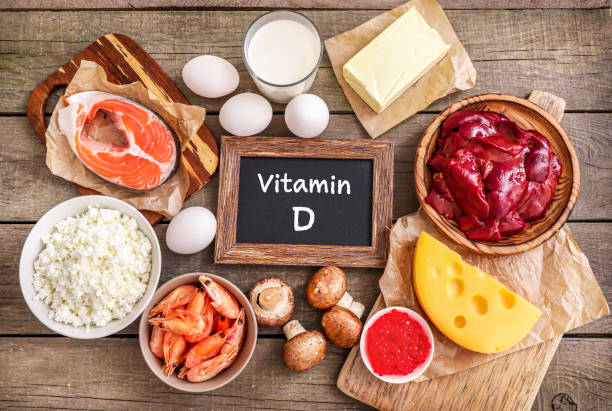
Strengthen Your Bones: The Nutrients You Need Beyond Calcium
Share
When most people think about bone health, calcium is often the first nutrient that comes to mind. And rightfully so — calcium is essential for building and maintaining strong bones. However, what many don’t realize is that calcium alone isn’t enough to keep your bones healthy throughout your life. Bone health is much more complex and requires a variety of nutrients working together to ensure your bones stay strong, flexible, and resilient.
While calcium is certainly a crucial building block, the body needs several other nutrients to optimize bone density and function. For example, vitamin D is essential for calcium absorption. Without enough vitamin D, your body struggles to effectively absorb calcium from the food you eat, making it difficult to maintain bone strength. Although our bodies can produce vitamin D from exposure to sunlight, many people — especially in regions with less sun or during the winter months — may find it necessary to supplement with vitamin D to meet their needs.
Another key nutrient for bone health is magnesium, which plays an often-underappreciated role in the body’s ability to process calcium. Magnesium is required to convert vitamin D into its active form, enabling it to enhance calcium absorption. It also helps regulate the function of osteoblasts (bone-building cells) and osteoclasts (bone-resorbing cells), ensuring the balance between bone formation and bone resorption is maintained. Without sufficient magnesium, bones can become more brittle and less resilient over time.
Vitamin K2, a fat-soluble vitamin, also plays a significant role in bone health by helping to properly direct calcium to the bones, rather than allowing it to be deposited in soft tissues like arteries. This process is critical for bone mineralization. Research has shown that vitamin K2 may help increase bone density and reduce the risk of fractures, making it a vital nutrient for anyone looking to support their bones as they age.
Collagen, the most abundant protein in the body, is another important factor in maintaining strong bones. Collagen provides the framework for bone structure, allowing bones to remain both strong and flexible. As we age, collagen production naturally decreases, which can lead to reduced bone density and increased risk of fractures. Consuming collagen-rich foods or supplements can help support the body’s collagen production, ensuring that bones retain their flexibility and strength.
Lastly, potassium plays an important role in maintaining bone health. Potassium helps neutralize the acids in the body that can lead to bone loss. It also works to reduce calcium excretion in urine, preserving calcium for stronger bones. With a potassium-rich diet, you can help minimize the risk of bone mineral loss and improve overall bone health.
In conclusion, while calcium is the cornerstone of bone health, it is by no means the only nutrient your bones need to stay strong and resilient. A well-balanced diet that includes vitamin D, magnesium, vitamin K2, collagen, and potassium can provide the comprehensive support your bones need. By ensuring your body gets a variety of nutrients, you’ll be on the path to better bone health, not just for today, but for years to come.
Get more knowledge about eating healthy, please refer to Mediterranean Vegetarian Cookbook.
